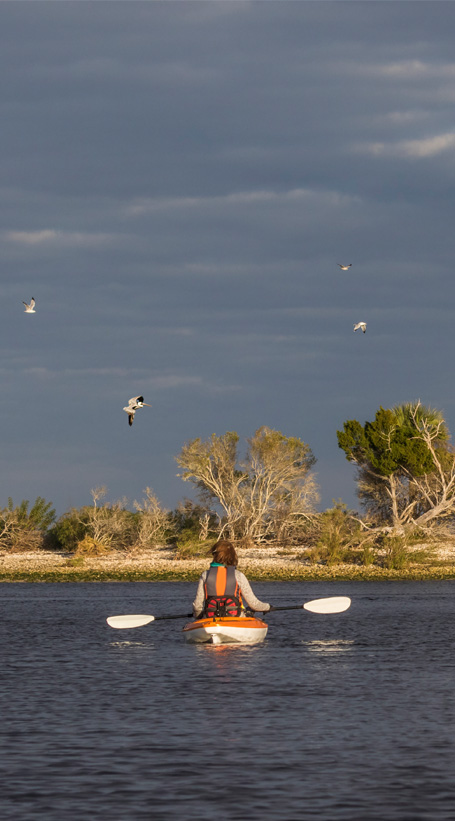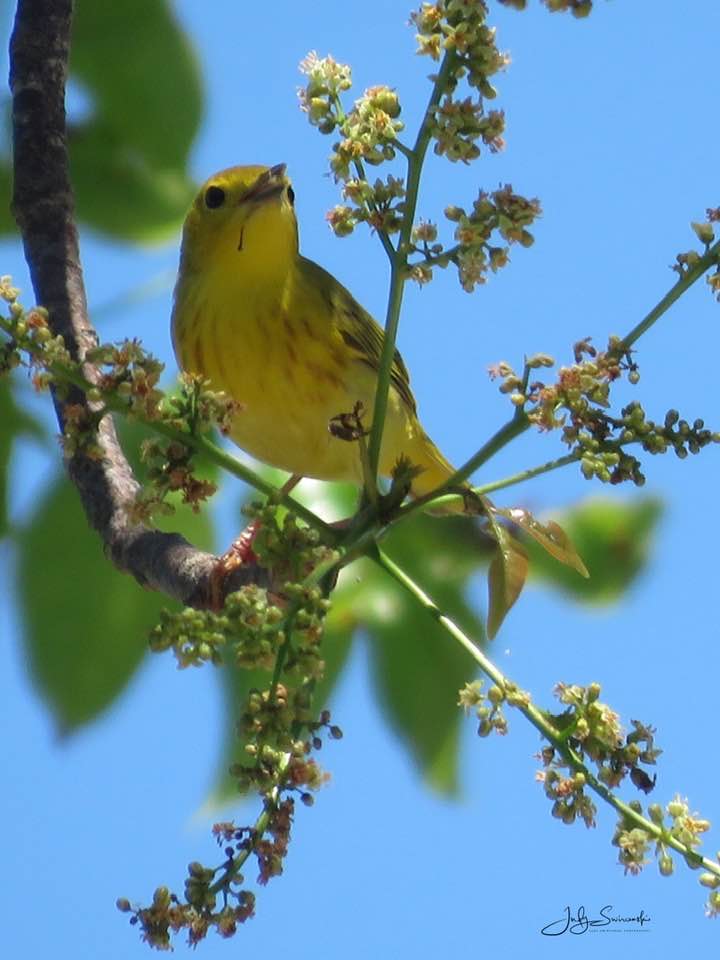Wildlife
Upper Captiva Island is home to cayotes, alligators, tortoises, eagles, sea turtles, shore birds and many other species. Our island is also a crucial nesting site for many migratory and permanent species. They depend on our island and shoreline to survive.

During the spring and fall migrations, millions of shorebirds make the extraordinary journey to Florida just as many of the human “snowbirds” and visitors do. Often these birds have flown hundreds of miles to get here and arrive exhausted and hungry and need a safe beach to refuel before continuing their migration. Please help these fragile populations survive by keeping them in mind when you hit the beach. Keep your dogs on leashes and do not let them disturb the birds, sea turtle nests.
Please enjoy watching the abundant wildlife but do not feed. The balance of nature is best when unaffected by human interference. Feeding wildlife causes them to lose their fear of humans, they can become aggressive and/or dangerous. Generally, if species are left alone, they are not harmful. Watch and enjoy but do not throw anything at them or otherwise interfere with their habitat. There may be a resident alligator in the lake so be mindful when you walk the perimeter.
Federal and State laws vary but there are serious fines for disturbing native and protected species.
For information on helping injured wildlife or volunteering contact Clinic for Rehabilitation of Wildlife (CROW) at (239)472-3622 ext. 222 (https://crowclinic.org). For Sea Turtles https://northcapseaturtles.org
Vegetation
Safety Harbor Club is a veritable sanctuary for Florida’s delicate native flora. Heritage Sabal Palms, Gumbo Limbo trees, and countless native wildflowers, coffee plants, wild orchids are recognized as essential to Florida’s ecological health, economy and natural beauty. They attract a diverse array of wildlife, including great horned owls, gopher tortoises, wading birds, butterflies, and other native fauna.

While invasive exotics found their way to the island, the Club strives to encourage the growth of eco-friendly sustainable landscaping that minimize environmental impact and reduce water consumption.
Information on University of Florida’s Florida Friendly Landscaping Guides can be found here. , click here https://ffl.ifas.ufl.edu